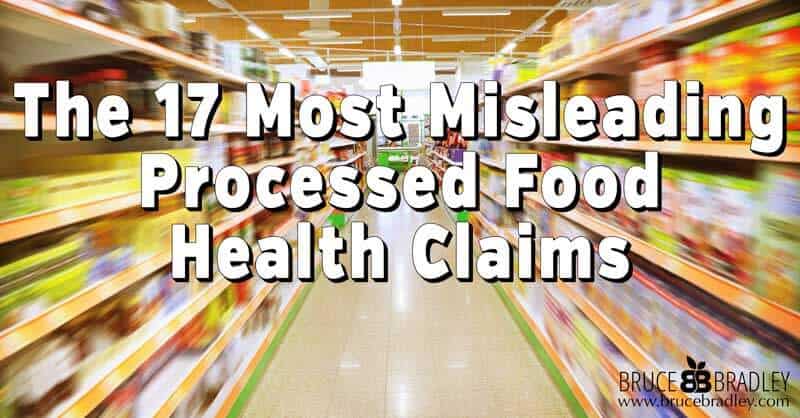 It’s Weight Loss Season (again)! If you’ve watched any TV the past couple weeks you’ve seen it happen before your eyes! The ads for diet plans and diet aids are streaming before us. And after months of pushing indulgence the food industry is now promoting health … or at least its version of health.
It’s Weight Loss Season (again)! If you’ve watched any TV the past couple weeks you’ve seen it happen before your eyes! The ads for diet plans and diet aids are streaming before us. And after months of pushing indulgence the food industry is now promoting health … or at least its version of health.
As a former food marketer who’s run countless processed food businesses in many categories, I understand how the food industry works. And this isn’t the first time I’ve written about Big Food’s paradoxical concern over weight loss. From the insanity of a “weight loss season” wedged between the holidays and the Super Bowl, to the deception of weight loss carpetbagging brands like Kellogg’s Special K, the food industry’s insincere attempts to make us healthier only accomplish one goal … making them boatloads of profits!
But after watching too many misleading ads to count and walking through several traditional grocery stores this week, I decided to share the latest ways the food industry is trying to scam us. So here’s my list of the TOP 17 ways you may be tricked with health claims:
- Light and Lean are prized words of trickery, especially during weight loss season. Although these words are regulated by the FDA, most foods using these claims are rarely healthy since they’re usually chock-full of highly processed ingredients such as artificial sweeteners. What’s my advice to eat light and lean? Choose real foods, eat your vegetables first, and watch your portions!
- Skinny is a new favorite in the battle to get you eating more junk food. Without the shackles of any FDA requirements, food companies have free rein and abuse it accordingly. Don’t believe me? Then check out Nestlé Skinny Cow Heavenly Crisps candy bar—not only is the first ingredient sugar, but it also contains hydrogenated and partially hydrogenated oils (aka trans fats), and a whole host of other potentially dangerous additives like TBHQ. Do you really want to get skinny by eating these?
- Gluten Free is one of the latest corrupted health crazes. Originating from a genuine need of people diagnosed with celiac disease or gluten sensitivity, most foods labeled gluten-free are anything but healthy. With calories counts typically ranging from 10-20% more than their gluten-containing counterparts, ignore gluten-free foods unless you’re really gluten intolerant. I promise you … this is fad diet insanity. Skip it!
- Natural is a word that’s come under a lot of fire in the past several years, and I’ve written about it repeatedly in my series All Natural, Really? Thanks to several recent high-profile lawsuits the food industry has settled, the use of “natural” on packaging is waning. But fear not, Big Food won’t give up on “natural” that easily. I expect food companies will continue using it but perhaps add smaller print qualifiers and disclaimers on their websites to cover themselves legally.
- Made with Real Fruit & Vegetables claims continue to be popular as brands try to convince you fruit juice or a sprinkling of veggie powder will make candy or a snack chip healthy. Don’t be fooled, though. While these options might be a tad bit healthier than their full junk food cousins, they are indulgent nonetheless.
- Simple, Simply, and Pure are all descriptors that leverage the popular real ingredient trend that’s grown over the past decade. If it’s just artificial ingredients you’re trying to avoid, products bearing these claims might work for you. But beware, the FDA doesn’t police these words, and even if they did I’m not sure how much solace that would provide. Although “simple” can sound great, when it comes to Big Food’s boxes, bags, and cans, “simple” usually means lots of sugar, refined grains, highly processed fats, and salt to drive taste.
- Protein is another mammoth food fad that’s wreaking havoc. Fueled by a low-carb/Atkin’s hangover and tailwinds from the Paleo “meat-eating” trend, almost all forms of protein are becoming more popular. And food companies are more than happy to jump on the bandwagon since protein powders are easily added to their products to “PUMP UP” the nutrition facts panel. What’s my advice? Protein is great and your body needs it, but don’t go out looking for highly processed, protein-fortified foods. You’re much better off choosing real, naturally-occurring protein alternatives. And if you choose to eat meat, choose local, pastured-raised options when at all possible.
- Fiber is yet another go-to additive that can be mixed into all sorts of foods. Is fiber good for you? Yes! Is a cookie or a danish that’s had fiber added to it nutritious? No! Don’t be fooled! A cookie is still a cookie! While some may say a cookie fortified with fiber is healthier, I’d argue you’re better off looking for sources of naturally-occurring fiber to get the real health benefits.
- Organic … alas, how can a word that means so much also mean so little? I truly believe that organic fruits, vegetables, grains, and meat can be better choices, but organic pizza rolls and bagel bites? Yes, that’s how far organic has drifted from its roots. Also expect Big Food to continue to push all the limits on organic labeling rules and never forget … an organic jelly bean is still candy and an organic pizza roll is still junk food!
- Whole Grain & Multigrain are packaging claims that are still growing strong across the grocery store. Although both claims have some FDA rules behind them, beware! Multigrain means very, very little other than more than one type of grain was used in the manufacturing process. And while whole grain can be very beneficial since it means the entire grain (bran, germ, and endosperm) was used, the benefits of whole grains can be mucked up by ingredients like sugar, artificial sweeteners, and other processed additives. Don’t believe me? Check out Froot Loops™ which uses a “made with whole grain” claim on the front of its package. Kellogg’s describes Froot Loops™ as “made with whole grains and lightly sweetened, Froot Loops is a fun part of a complete breakfast, and is a good source of fiber.” What’s the truth? Sugar is the first ingredient and accounts for over 40% of this product’s weight. And to round out its “whole grain” nutrition, Kellogg’s Froot Loops™ adds some dangerous trans-fats (partially hydrogenated oils), artificial colors (red 40, blue 2, yellow 6, and blue 1), and some potentially carcinogenic BHT for freshness. So what’s the lesson? Big Food LOVES to disguise junk food as good for you with whole grain claims!
- Real is growing in popularity as a descriptor of processed foods, oftentimes as a way to highlight a “premium” ingredient food companies may use as a way to convince consumers their product is high quality. Again, one ingredient does not make a box or bag REAL food. So read the entire ingredient list. Unfortunately you’re likely to find a whole host of problems lurking in the background!
- Energy claims are more appealing than ever thanks in part to the harried lifestyles of most consumers. But what does “Energy” really mean? Absolutely nothing! Since calories equate energy almost any product can justify an “energy” claim. And when you consider that sugar and added caffeine are two of the most popular ingredients of “energy” products, I’d run like the wind to avoid these foods and beverages!
- Flowery descriptions adorn more and more packaged foods and beverages in an attempt to trick you into believing the product came from anywhere but a factory that uses highly processed ingredients. Some common examples I saw during my latest grocery store run were: Artisan, Authentic, Fresh Baked, Chef’s Pick, Homestyle, Made From Scratch, Small Batch, Bakery Fresh, and Craft. While some products sporting these monikers may actually contain less processed ingredients, it definitely bears further investigation!
- Antioxidants can be great when they’re naturally-occurring in produce, but how about in your favorite packaged goods? Many processed foods use supplements similar to what you’d get in a vitamin to achieve their antioxidant claims. As WebMD reports, “Getting a single antioxidant from a pill, such as vitamin C or beta carotene, isn’t as protective. Supplements don’t seem to protect against cancer or help fight it. Some antioxidants may even increase the risk of certain cancers.” So skip the processed foods fortified with supplements and instead choose REAL food that’s naturally packed with antioxidants!
- Probiotics and Active Cultures are claims that have increased in popularity and will most likely continue to soar as consumers hear sound bites about “gut health.” In fact according to Transparency Market Research the global probiotics market is expected to grow rapidly and reach over $45 billion in sales by 2018. But are probiotics worth all the hype? Unfortunately even experts within the field “worry that early hunches won’t pan out—and ultimately, the false leads could threaten both support and funding for the science in the future. Worse, the growing popularity of untested and unregulated therapies based in microbiome research—such as probiotics and DIY fecal transplants—could pose health threats to the public.” 1
- Omega-3’s are needed for your body to function, but as usual Big Food likes to hype them and up the ante by supplementing processed foods with them and then making questionable claims like “Omega-3s support heart, brain and eye health.” Eating a healthy diet rich in real, unprocessed foods is without a doubt the best way to support heart, brain, and eye health, but I bet you won’t catch Big Food making that claim anytime soon!
- Calcium is yet another popular additive in some foods, and our aging population will likely continue to fuel that trend. While the Mayo Clinic states diets rich in calcium are best for optimal bone health, do calcium additives really help? The research isn’t very clear, but I can tell you this—when I worked in Big Food the lawyers would always advise that making a calcium fortification claim was fine, but claiming improved bone health was off limits.
Have you fallen prey to any of these processed food health claims? Which, if any, do find particularly troublesome? Are there some other tricky, health claims I’ve forgotten that should be added to the list? And what do you think is the answer to truly healthy eating?
And stay tuned! In my next blog post I’ll share my thoughts on your best bet for healthy eating and why food companies ignore it!
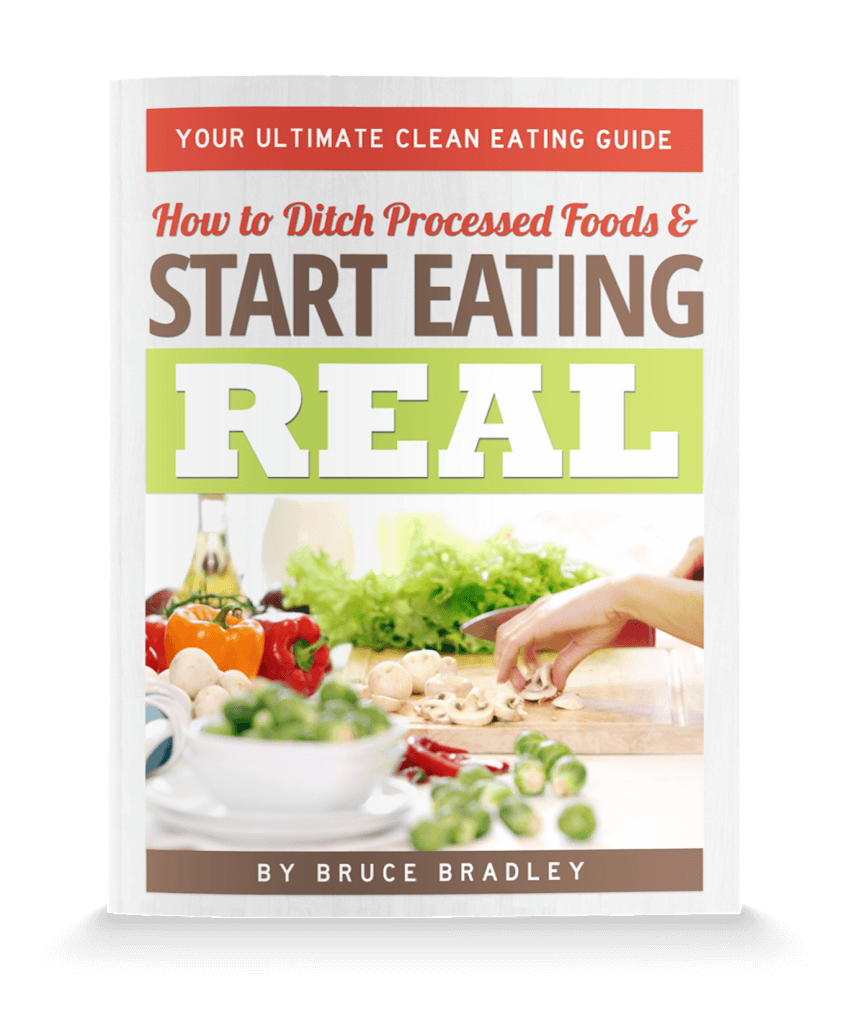
GET MY FREE BOOK NOW!
End the confusion! Learn what’s really in your food and how to take simple steps toward eating healthier!
EAT HEALTHIER TONIGHT!
If you enjoyed this article or recipe may I ask you a favor? Please share it with a friend. Why? Because together we can make a difference and help each other live happier and healthier lives. Thank you!

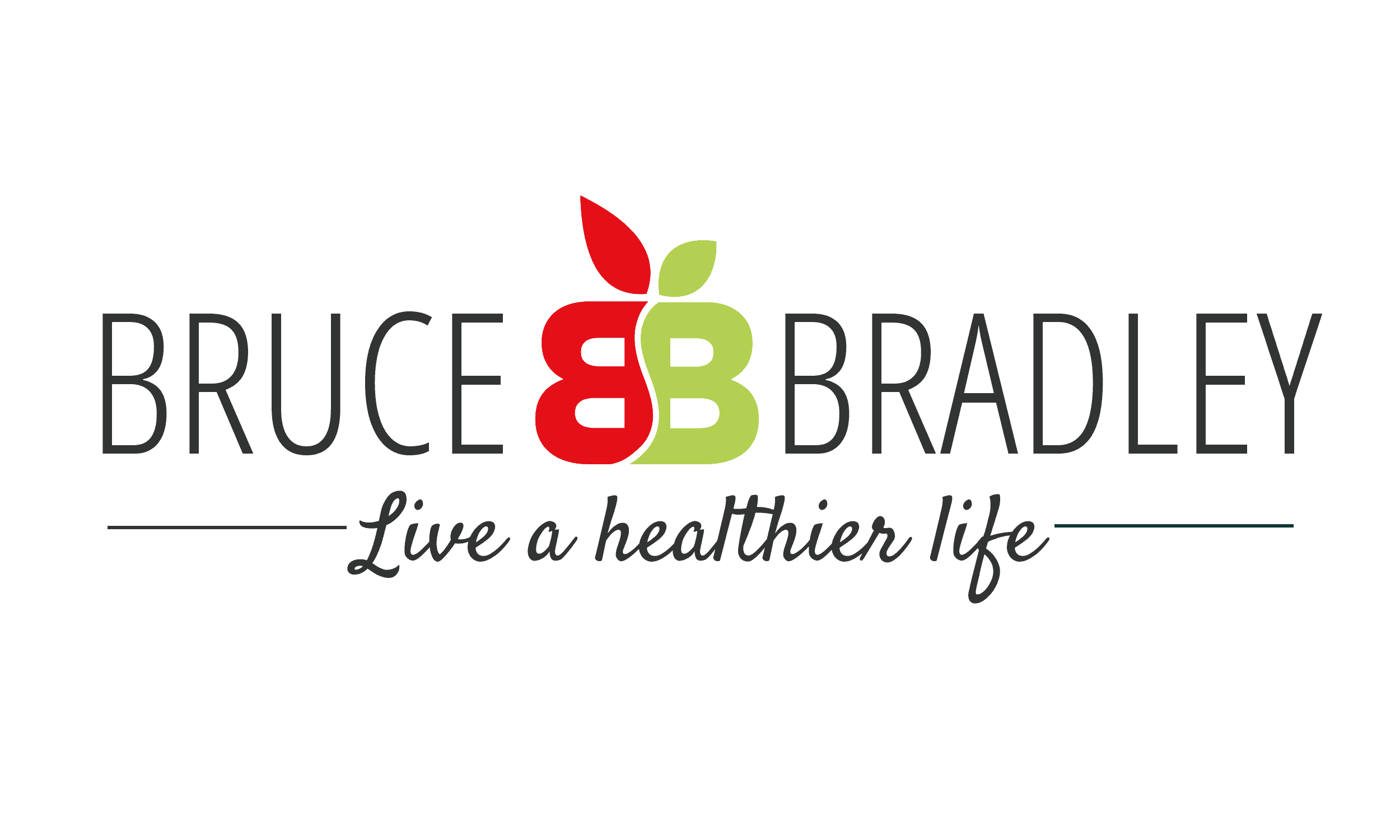
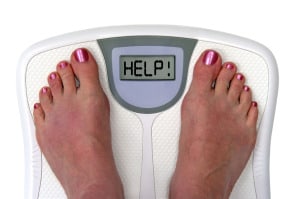

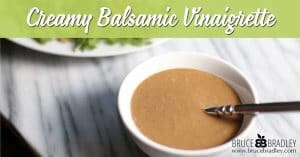
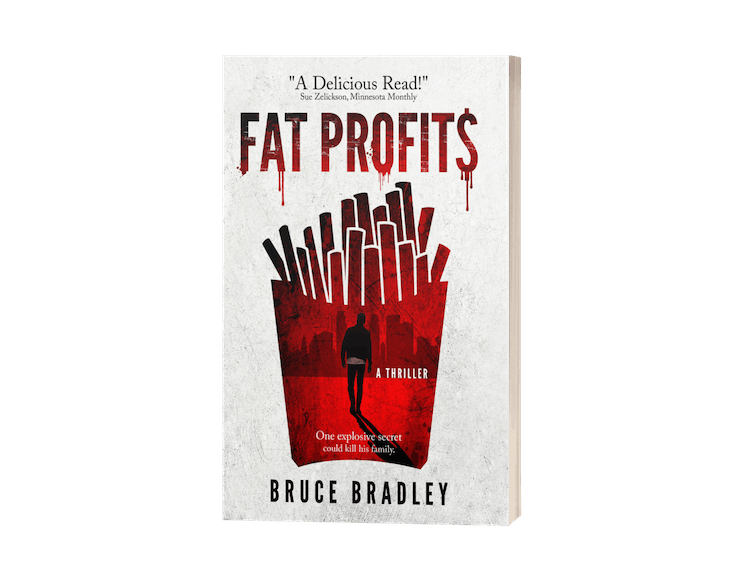
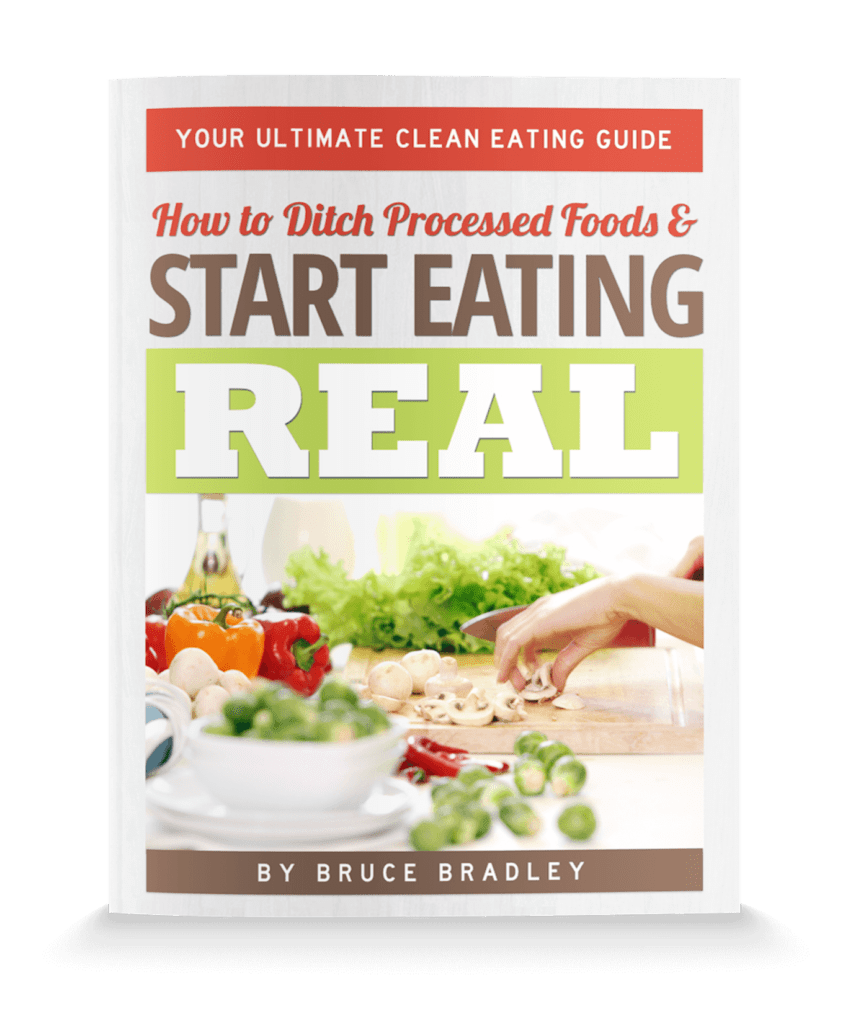
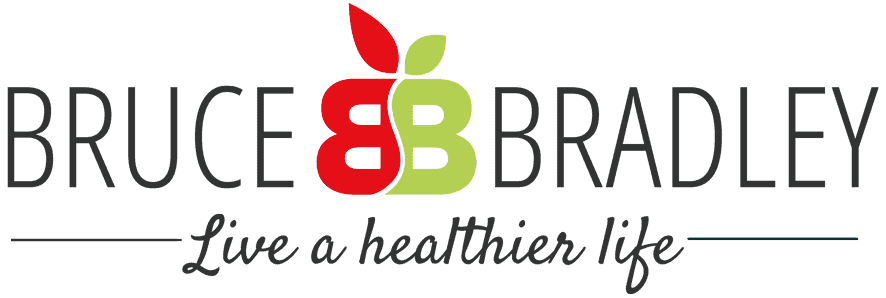
7 Responses
Great piece! “Eating a healthy diet rich in real, unprocessed foods is without a doubt the best way to support heart, brain, and eye health…” was my favorite part! With people realized that eating real is so much better! Look forward to reading more!
Thanks so much, Janelle. Look forward to seeing you comment more on my blog!
Hi,
I am curious, do you see any hope of real change in the big food market? We know so much about what’s bad for us (and so do they) and that it is entirely possible to make delicious food that people love and enjoy and will buy regularly, why can’t the big food companies make real change? Isn’t it less expensive to simply not add certain ingredients and pay fewer attorneys to cover their butts all the time- just so they can keep adding chemicals and sugar to our food? Is there any hope? So many of us feel they also “own” the government on this issue. Why on earth is anyone allowed to add something that isn’t food to food and sell it as food?
I know we can vote with our wallets, so to speak, by simply not buying it. But, sadly, a lot of people are unaware and will always remain so bc “see, it says it right on the package -made with whole grains, natural, etc”.
Have all the Big Food companies’ CEOs lost all their integrity?! Aren’t they worried about getting cancer from the very “food” they’re selling? It seems like a lot of cost and fuss. Just make real food and then hire really smart marketing people (like they already do) to sell actual food. No chemicals, fewer attorneys- isn’t that a massive savings right there?
What’s your opinion?
Thanks for your comment. I imagine most Big Food CEOs don’t think their products cause cancer per se. And even when it comes to health issues like obesity or diabetes, people who work at food companies “drink the Kool Aid” to some extent and believe the products are “healthy.” And even if a product isn’t very good for you, they rationalize it and say, “oh, it’s just one cookie” or blame the person who’s eating it for a lack of self-control or think they should know better. The bottom line is we’ve got a real cultural problem with our food … not only inside of food companies, but also outside of them as well. That’s why most people think these marketing tricks are fine—even when they learn about one of the misleading tricks, they often just shrug if off versus blaming the companies that are lying to them.
With regards to the profit piece, there is much more money to be made in selling processed food than real food. You should check out my article Eating Vegetables: The Most Important Healthy Eating Habit Food Companies Ignore and Why It shares more about that part of the problem.
Thanks for visiting my website! Hope to see you come back soon!
Bruce
I work in a grocery store, so I see people’s buying habits every day. It’s sad really, when I see young families with small children with their carts loaded with frozen pizza, frozen dinners, chips, soda etc and knowing their kids are being raised on that. Just when I think “everyone” is aware of the problems associated with processed food, I talk to someone who has no idea what that even means. If I could do one thing over in my life, it would be to go back and raise my children differently regarding the way they ate … and they ate more “home cooked” meals than most of their friends who ate at McDonald’s etc a lot. My kids were always sad that we couldn’t afford to go to fast food places very often … now I’m glad we couldn’t!
Thanks for your comment, Lora! I agree, it is sad when you see folks heading down the wrong path with their health. And I think many of us have some regrets about our food choices, and how we’ve raised our kids. Hopefully, though, by sharing information like this post, we can all make a difference and get more people informed so they can live happier, healthier lives! At least that’s the goal I’m shooting for!
Cheers!
Bruce
The other thing that ALWAYS gets me about every company selling food, is the “Food is FUN!” marketing ploy. This is especially dangerous because it’s such an influence on children. Yes, food should be enjoyable to consume thanks to taste and *nutrition,* but “fun” is not a word I would ever associate with it. Unless of course it’s the corporate marketeers dumbing down this country even more by screaming the word “FUN!!!,” rather than finding a more appropriate way to say it’s pleasurable, tasty, etc.
I.E. — Carnival rides are fun. Cotton candy, corn dogs, fried cheese and other junk foods are *not.*